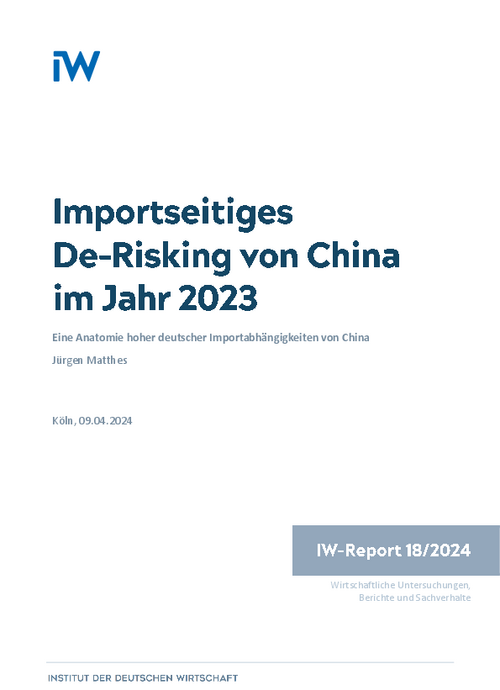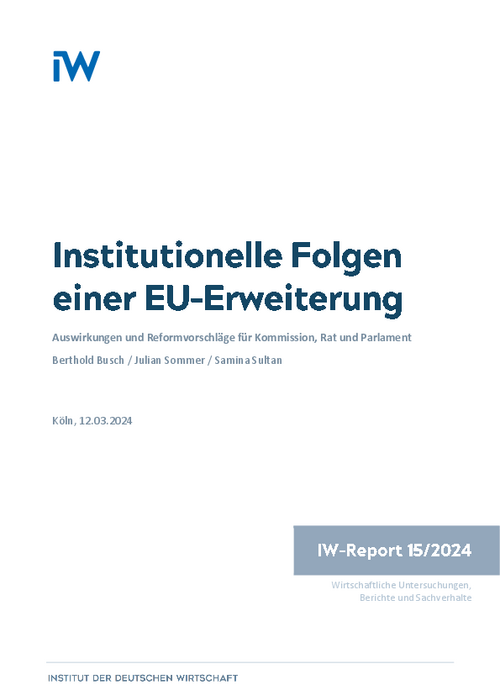A prospering economy raises the standard of living of the population, creates jobs and fills the state coffers, from which tasks such as education, environmental protection and social security are financed.
Growth and Business Cycle

About the topic
Over the past 60 years, the social market economy has enabled the citizens of the Federal Republic to increase their nominal income fivefold on average. Even though prosperity has grown considerably over the long term, economic setbacks have had to be endured time and again, because economic growth does not proceed uniformly, but in waves. The yardsticks for economic development include consumption, public and private investment and gross domestic product. A positive economic trend with high growth rates and increasing employment is followed by a downturn with low growth and fewer people in work.
The Institute of the German Economy monitors the current economic situation in Germany and economic developments in other countries using various instruments and regularly publishes economic forecasts. In this way, the IW helps to improve the basis for decision-making in politics and business.

China’s Trade Surplus – Implications for the World and for Europe
China’s merchandise trade surplus has reached an all-time high and is likely to rise further. A key driver appears to be a policy push to further bolster Chinese domestic manufacturing production, implying the danger of significant overcapacities.
IW

What if Trump is re-elected?
A possible re-election of Donald Trump as US president in November 2024 could entail a significant upheaval for the world trading order, if he fulfills his announcements to raise tariffs, mainly in order to reduce the US trade deficit.
IW

Indonesia: A new Indo-Pacific partner?
Indonesia will elect a new president on 14 February. After ten successful years in office, Joko Widodo is not allowed to run for office again. He has ushered in an era of reform in the country.
IW
Competition from China in the EU market for Germany’s manufacturing sector
China has continuously gained market shares in the EU import market since 2000. At the same time, Germany’s share in EU imports has declined since 2005. This divergence is particularly relevant for sophisticated manufacturing products in which Germany is ...
IW






